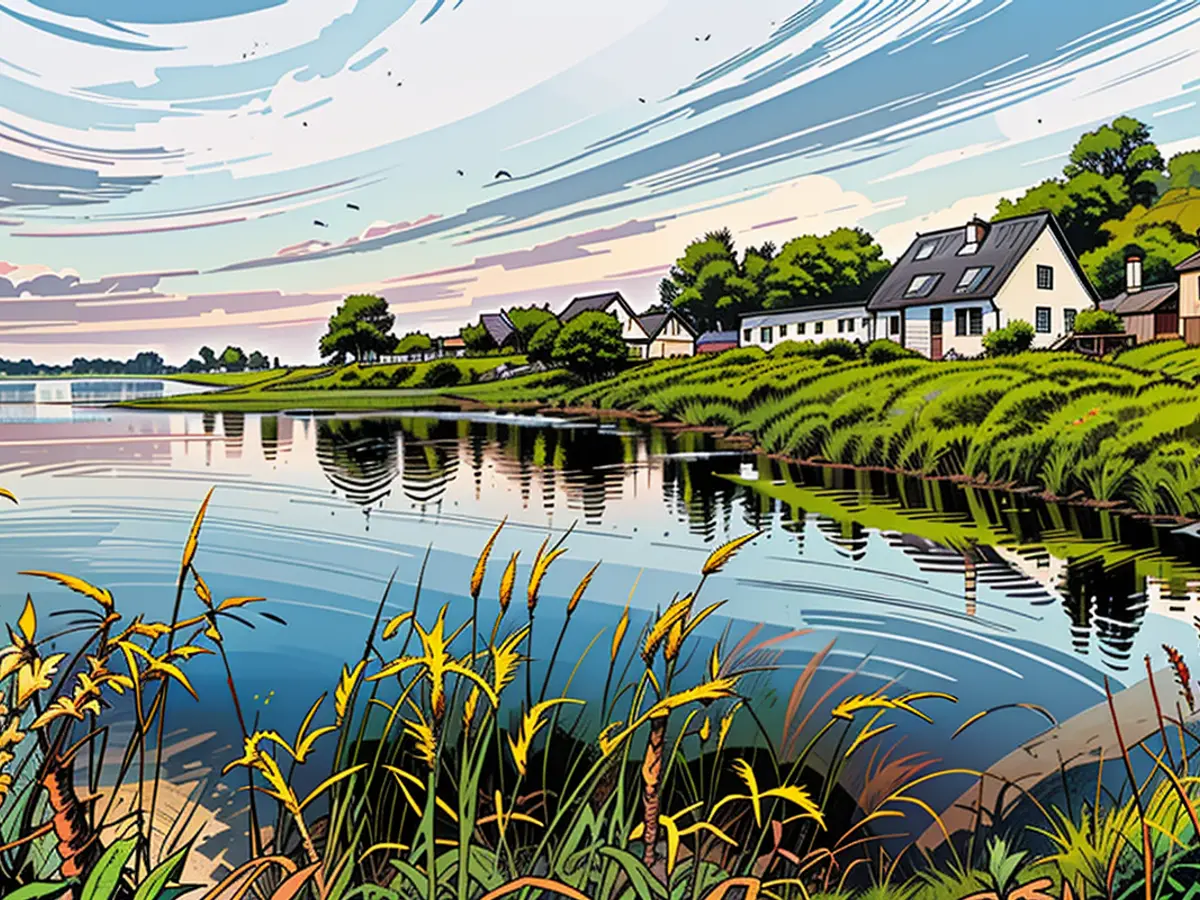Managing natural systems - The Fishing Association urges for modifications.
In Frankfurt (Oder), large numbers of fish carcasses were spotted along the bank of a minor river on a Tuesday. The State Environmental Office's latest findings suggest the deaths were from isolated fish. In Glogow, Poland, much larger amounts of deceased fish have been discovered due to the advancement of toxic golden algae. Thirty-six hundred kilograms of these fish were removed from the river by the Lower Silesian Voivodeship's administration.
Dettmann isn't very optimistic that the river will manage to survive the summer without more fish deaths. The weather is not forecasting a lot of rain. Temperatures and sunshine hours are increasing, supporting the spread of toxic golden alga (Prymnesium parvum). He believes the main stem of the Oder will be spared, hoping that the fish deaths will be limited to the side arms.
Water samples of the dead fish and river water are being analyzed in the lab to determine the cause of their deaths. Golden alga levels have recently decreased. The toxic golden alga, combined with low water levels and high summer temperatures two years ago, caused a massive fish kill in the Oder. "We need to get to the point of reducing salt and nutrient loads," said Dettmann, reflecting on the current situation.
Read also:
The Fishing Association in Brandenburg has expressed concern about the impact of toxic golden alga on local animal populations in the Oder river ecosystem. The advancement of toxic golden alga in Poland has led to mass fish deaths, causing concerns for the health of the entire environment. To address this issue, Dettmann from the State Environmental Office suggests reducing salt and nutrient loads in the river. The Fishing Association in Frankfurt (Oder) has urged for modifications to manage the spread of toxic golden alga, with implications for fishing and wildlife in the area.








